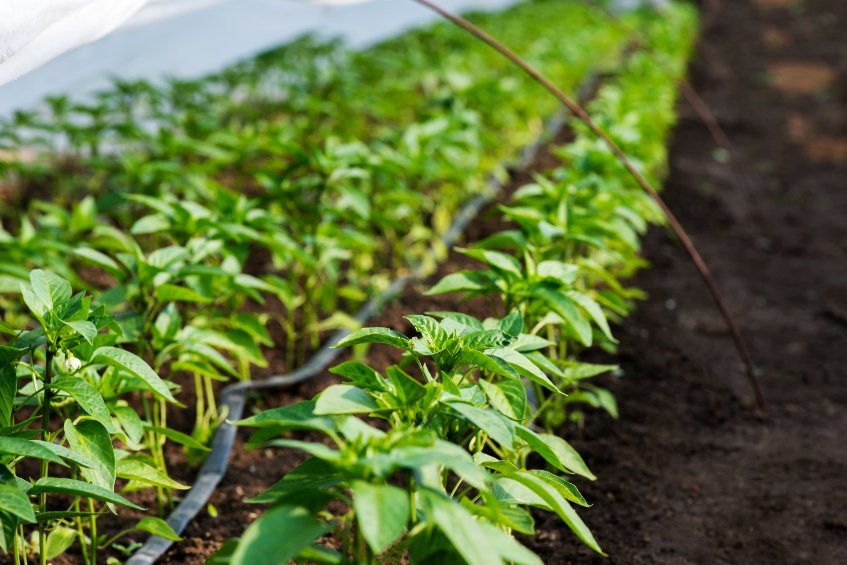
Authorities in Scotland have banned farmers from taking water from the River Eden catchment in Fife, with farm leaders calling the decision a 'devastating blow' for growers.
The Scottish Environment Protection Agency (SEPA) said it had taken the decision to suspend surface water abstraction licences, in effect since Saturday (13 August).
The river had fallen to a "critical" level following the prolonged dry weather, the agency explained, the second-lowest ever recorded.
NFU Scotland said the economic impacts of the decision would be "felt for weeks and months to come", adding that "many crops will fail, jobs will be lost, and the viability of some farms will be at risk."
While the decision to suspend water abstraction licences only applies to the Eden, it is understood that other catchments are being closely monitored, such as the River Tweed in the Border region.
NFU Scotland said it had made it clear to SEPA and Scottish government how important irrigation was to farming.
The union had asked for high risk crops to be prioritised and for leeway to be given, emphasising that food security should play an important role in decision-making.
Horticulture Committee Chair, Iain Brown said the news would be a 'devastating blow' for vegetable growers, warning that "without water, crops will fail".
“We asked SEPA to allow priority crops such as broccoli, cauliflower and lettuce to continue to be irrigated. In the past this has been possible all be it at reduced rates.
“Without water for these crops growers will now have complete crop failure, which will cost our members millions of pounds of lost revenue ad threaten the viability of their businesses.
He added that the last few years had been difficult for many in the vegetable sector, and this would "now be the end for some".
“Blanket abstraction bans are just wrong. Food production is critical and should be prioritised," Mr Brown said.
"More planning is required, and more resilience needs to be put in place to ensure crops can be grown.”
David Harley, SEPA's chief officer circular economy, said the agency was working closely with farmers to ensure the sustainability of local water environments.
“Having to impose suspensions on water abstractions underlines the severity of the conditions being experienced in the east of Scotland this summer.
"It is not a step we take lightly, but the evidence is clear, and it is one we can no longer avoid."
